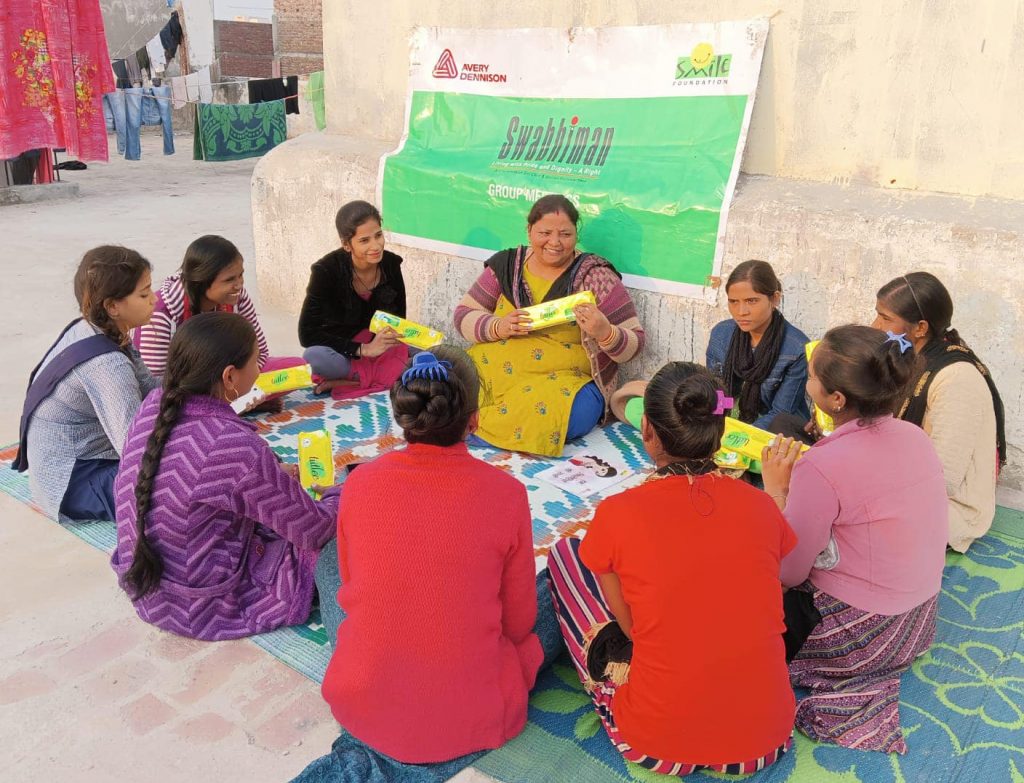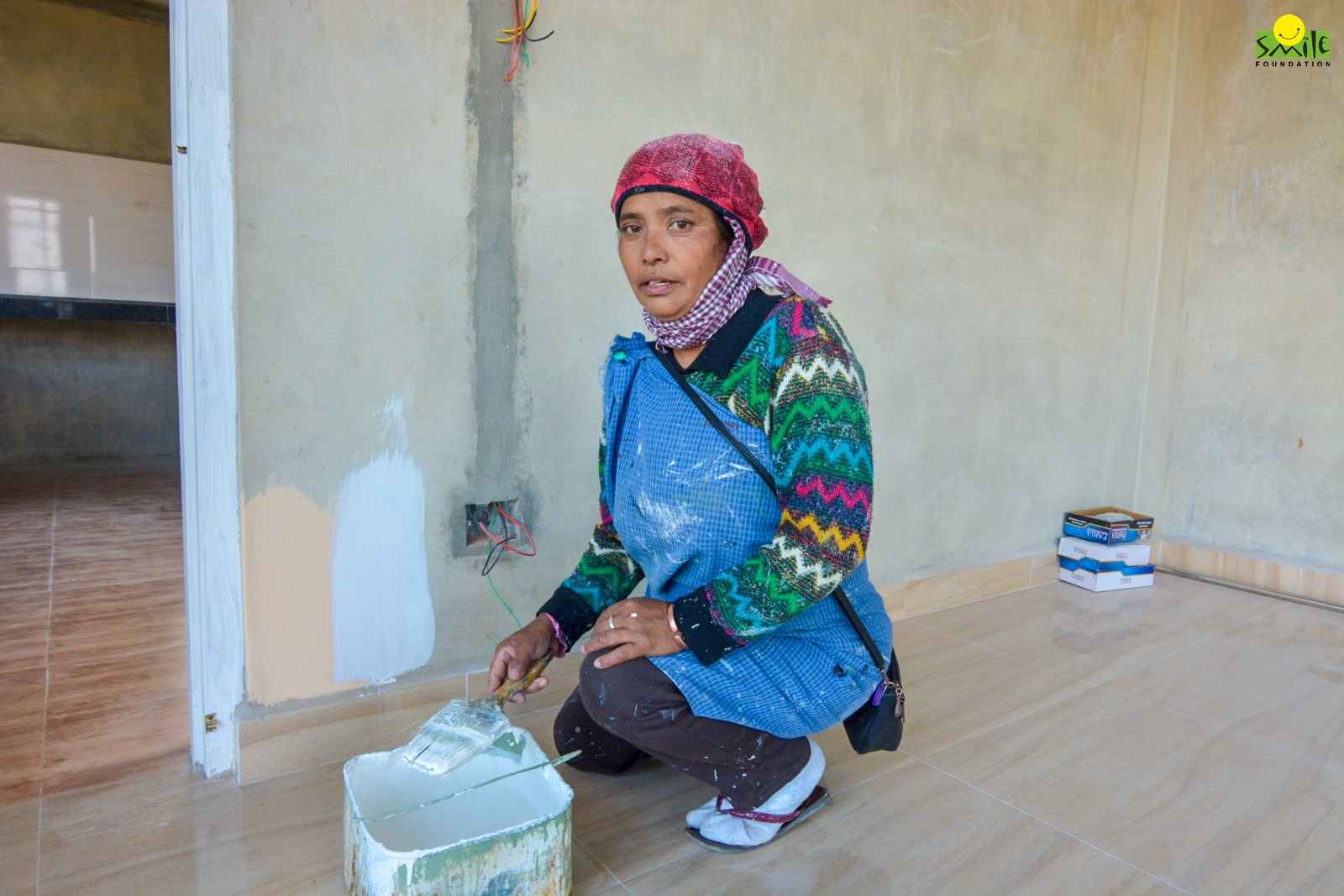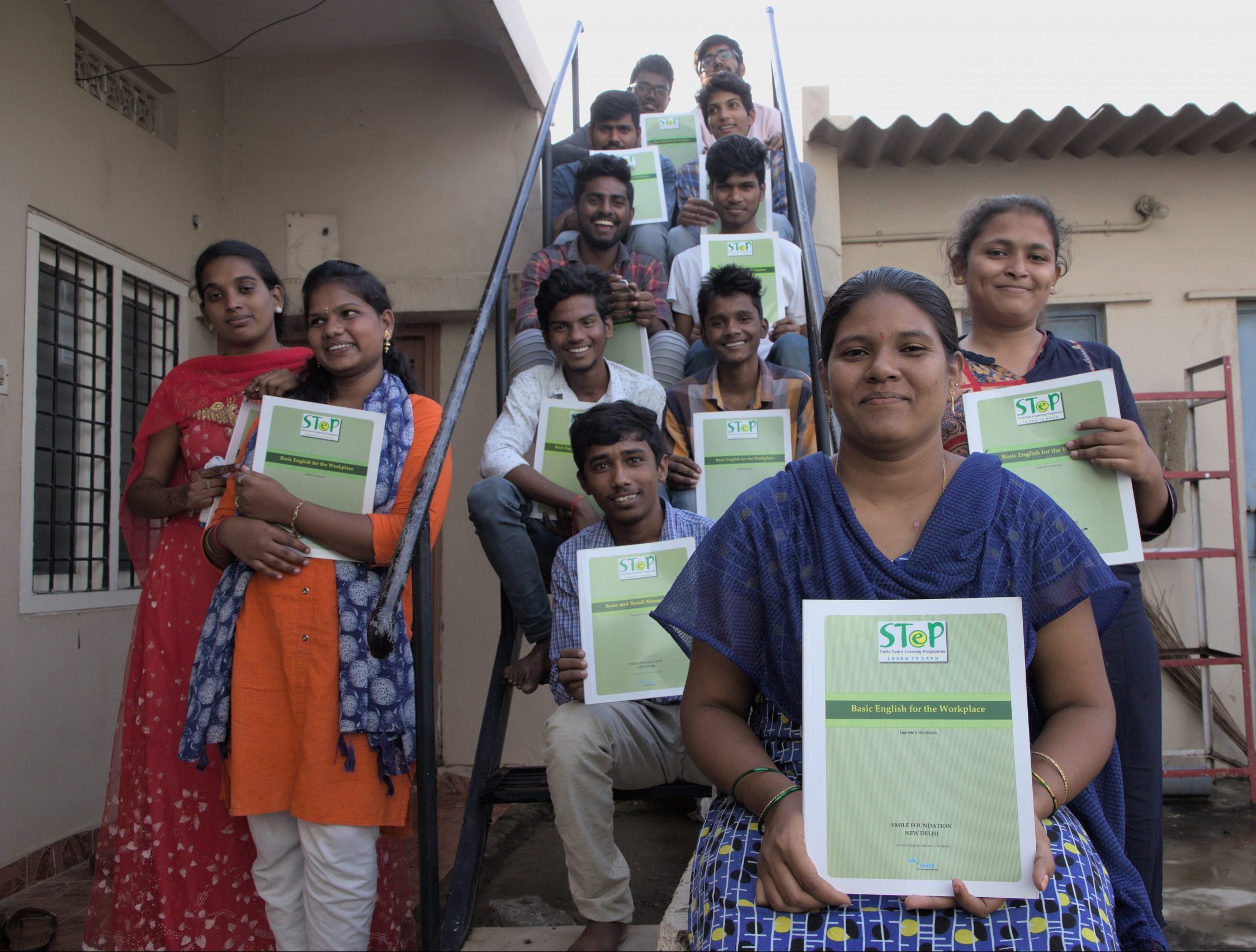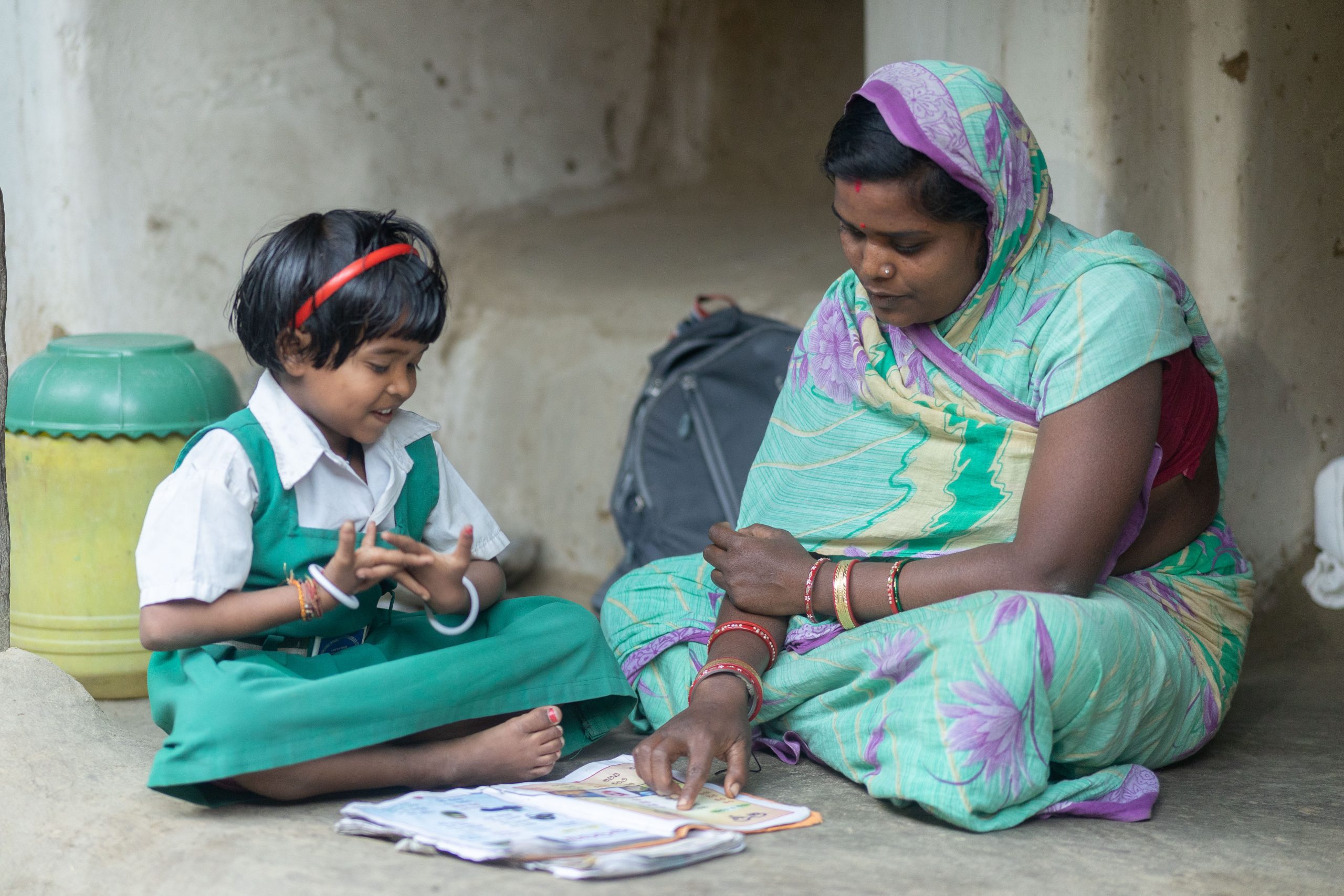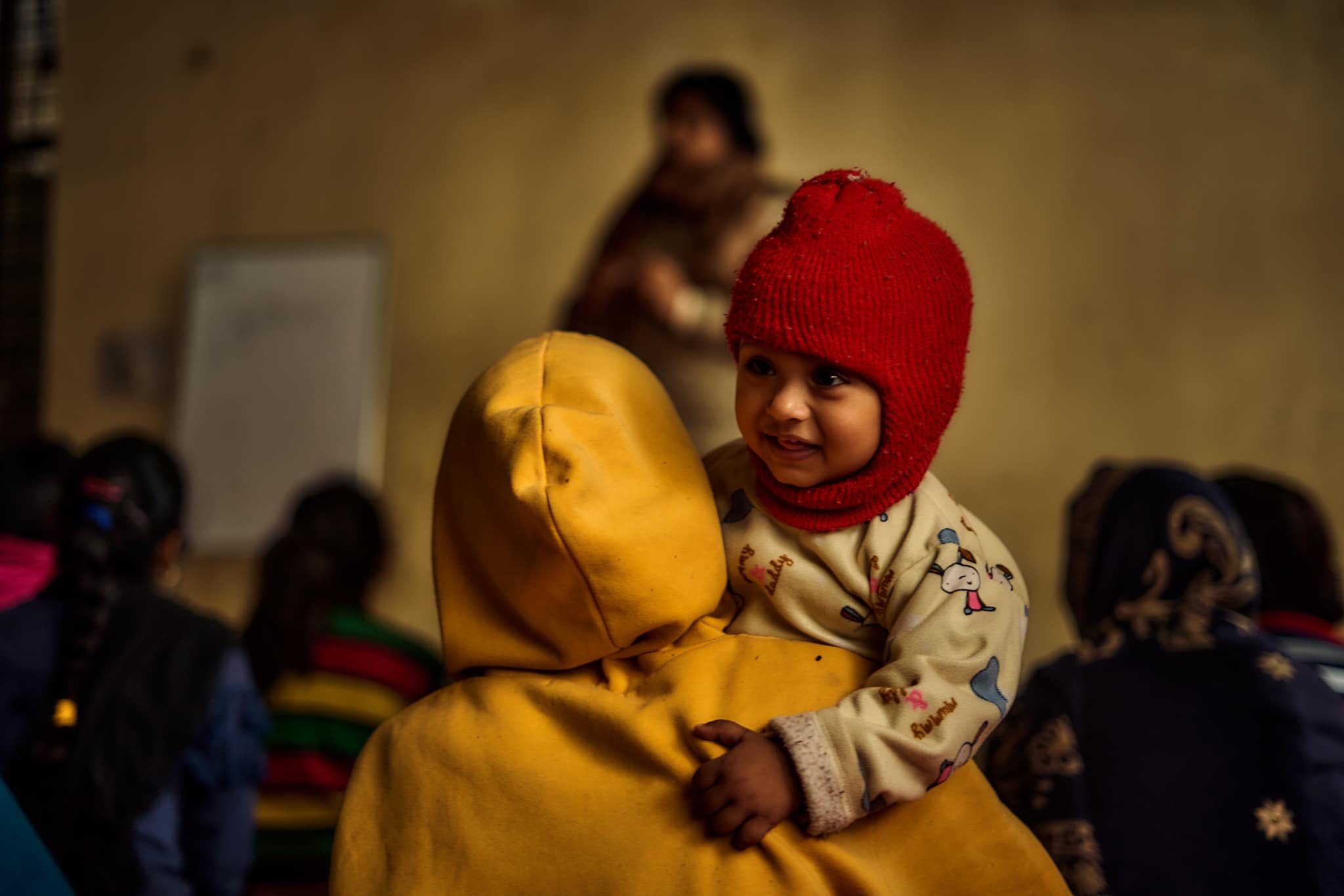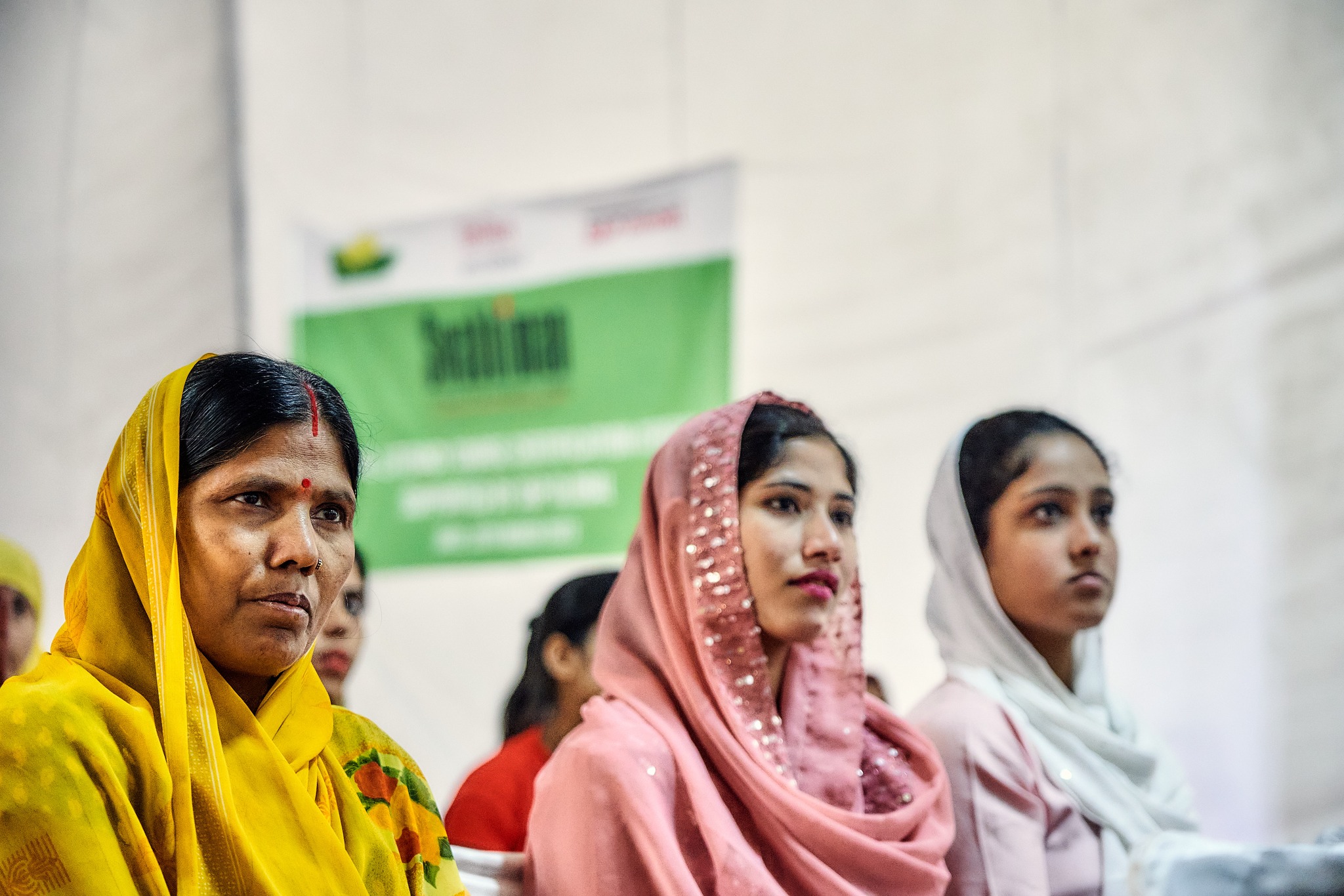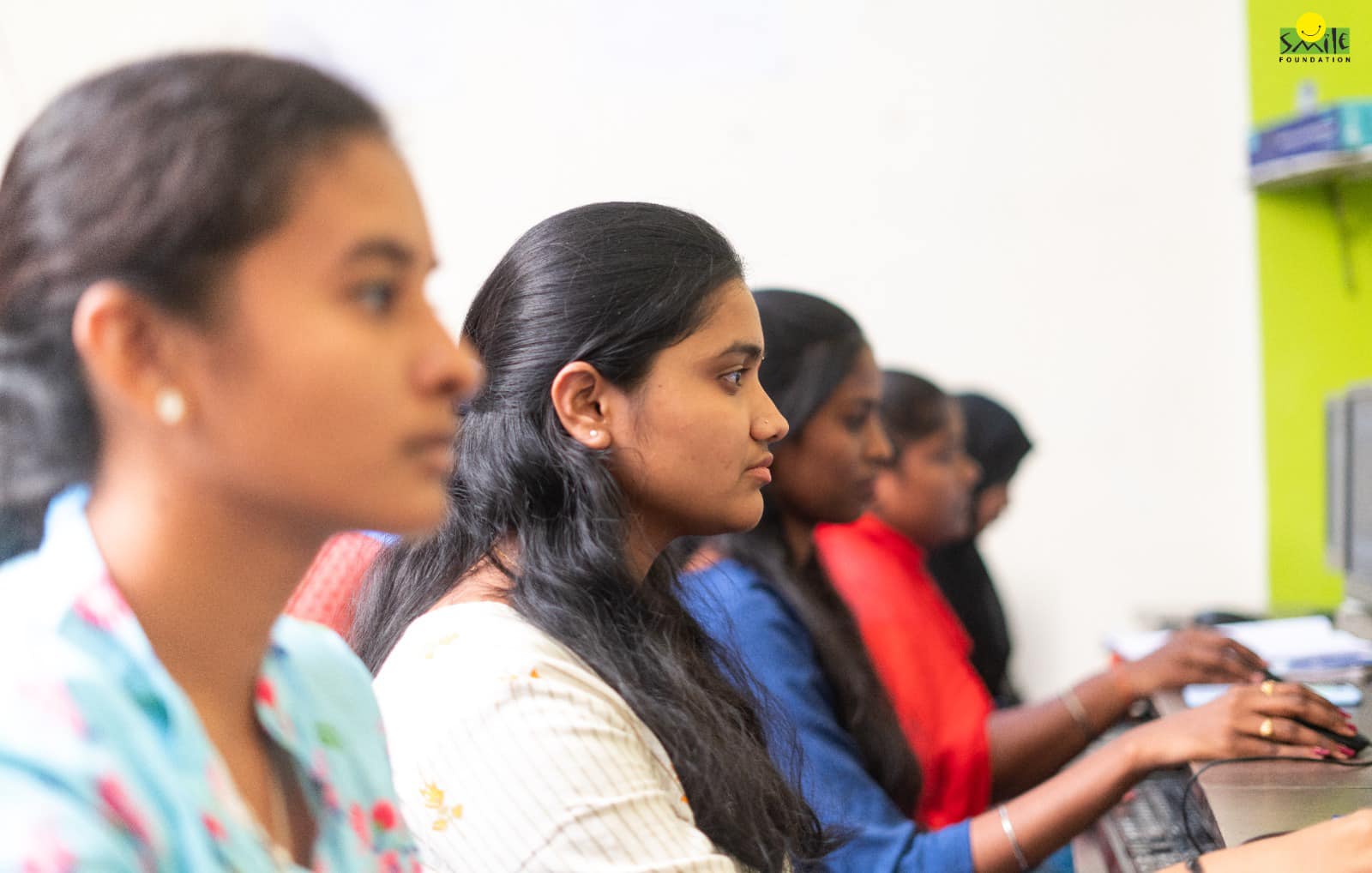The word ‘period’ comes with hushed voices and a ton of taboos surrounding it. The practice of chhaupadi in Nepal is one such taboo that has led to many deaths. Candice Chirwa shared an incident about the same about the progress of the menstrual situation in an interview.
Candice Chirwa, popularly known as The Minister of Menstruation, is a social activist set on changing the demoralizing notions surrounding periods and the concept of period poverty. The ideas that arise from insufficient awareness regarding periods are a major cause of the lack of menstrual hygiene facilities, a debilitating fear of openly talking about menstruation, and the societal taboos that surround it. These factors prove to be major hindrances to the empowerment of women.
Menstrual Hygiene– A Luxury?
On average, an Indian woman pays around Rs. 300-500 a month to manage her periods in a hygienic way. Tax is levied on period products in several countries around the world. There still exist women in the low-income demographic unable to afford period products and have to settle for unsanitary means. Despite the tax elimination on sanitary napkins, the prices of period products are still unaffordable for many Indian women.
Globally 500 million women still resort to using unhygienic facilities during their periods. About 77 percent of women in India itself use reused clothes, ashes, dried leaves, and newspapers for the same. Unhealthy menstruation management can lead to women contracting diseases like urinary tract infections, genital tract infections, dermatitis, and bacterial vaginosis. All these increase the susceptibility to cervical cancer.
How did a right as fundamental as health come to be termed a luxury? Menstrual hygiene awareness along with period products is a necessity. In order to tackle the situation of menstrual hygiene, the concept of menstruation should be viewed more holistically. Eliminating taxes and reducing costs are not the only things that need to be shed light upon. The provision of adequate hygiene facilities for a menstruating woman is equally crucial.
A Change In Mindsets
Eyes being raised at asking for a period product at the chemist and being handed a black polythene bag as if to save the woman from being ashamed for menstruating; hiding a sanitary napkin in the pocket of the school uniform on the way to the restroom; cringing at the idea of talking to a male about periods; avoiding religious rituals, washing hair, and entering the kitchen–- ask any woman and they have experienced at least one of these.
What is worse is that living outside in unhygienic facilities is not limited to small cities. Girls are forced to live outside whilst menstruating in big cities like Mumbai as well.
These taboos and illogical practices have been normalized to the extent that a menstruating woman feels ashamed of herself. Elimination of these ideas is also a huge step towards empowering women. Education and spreading awareness are the most crucial steps to achieve this.
There is a need to engage the entire community in this cause. An effective approach should be taken to move forward the discussion of menstruation where the term majorly revolves around misconceptions and taboos.
The country surely has progressed having famous male personalities speak up about normalizing menstruation. Campaigns like the red dot challenge have played a huge role in destigmatizing and empowering periods. Earlier this year, the festival of ‘Maasika Mahotsav’ was celebrated in 19 other countries apart from India.
Menstrual Hygiene – A Gateway to Empower Women
23 million girls drop out of school annually– the reason for this is the lack of adequate menstrual hygiene facilities available in schools. Is this not a hindrance to the growth of a girl child and women as a whole?
In fact, this is common in workplaces as well. Women in the workforce have faced these problems as well. Menstrual hygiene is more often than not overlooked and due to the existing taboos around the subject, not brought up as an issue. Menstrual leaves are still non-existent in many organisations.
Brushing off menstruation and menstrual hygiene in workplaces and educational institutions impedes a woman’s ability to perform well, and her educational and economic prospects. There is a dire need for the implementation of these facilities to be talked about openly. It is as much a necessity as any other healthcare facility and requires an all-encompassing understanding of the public.
Where is India at with Respect to Menstrual Hygiene?
The country has undoubtedly made progress. There have been discernible initiatives taken by nonprofits, celebrities, and other prominent figures that have surely made an impact. People talk relatively freely about menstruation and there are seminars held in educational institutions to talk about menstruation. The majority of the population still thinks in the traditional way, but currently, we do have people who speak up against those norms.
The red dot challenge to stop period shaming and Asmita Yojna, She Pad, and Swechcha distributing free sanitary napkins are notable initiatives. Celebration of ‘Maasika Mahotsav’ is also a notable step that is a simple yet effective way to curb stereotypes and empower women. In addition, the five-year-long plan by Niine Sanitary Napkins to tackle taboos and spread menstrual health awareness is a great initiative too. Not to forget the biopic of Arunachalam Muruganantham, Padman.
Despite such remarkable initiatives, once in a while, we get to hear distressing news about a menstruating woman’s death due to unsanitary facilities in a rural area, or due to some incorrect ideas about menstruation in general. One such example is the killing of a young menstruating girl by her brother in Mumbai merely due to a lack of menstrual education.
Despite these initiatives, menstrual hygiene practices in India still include the use of dirty rags, hay, old clothes, and even hay. These potentially unsafe measures are a result of
- inadequate education on the subject,
- unaffordable period products,
- unavailability of the products, and
- the stigma behind menstruation.
Smile Foundation and Menstrual Hygiene
Menstruation is a natural biological process. It is not something to belittle, it is not something that makes women a burden, and it is most certainly not something to be ashamed of. We need to strive towards a world that is period-positive; a world where period dignity exists. There is no longer a need for a world where the term period is followed by a flustering silence.
Initiatives ensuring proper menstrual health facilities for women can boost their confidence by leaps and bounds. Menstrual hygiene awareness is a gateway to empowering women and transforming society into a more gender-equal society. Embracing menstruation is a step closer to making women and young girls embrace themselves for who they are and society has no right snatching this away wrongfully.
Smile Foundation through its women empowerment program, Swabhiman, is trying to induce behavioral change in menstrual hygiene awareness. Through the distribution of sanitary napkins, workshops, and door-to-door mobilisation for adolescent girls and women of underserved urban villages and remote rural areas– the programme is aimed at providing young girls and women a period-positive world.



